When i was younger, i always thought that the Albanians migrated in the Balkans/Macedonia during Ottoman times. I was wrong, but partly.
The first mention of Albanians in the Balkans is in the early 11 century, but that doesn't apply for Macedonia alone.
As most Macedonians are, i am also irritated when the Albanians from the Republic of Macedonia claim that they are the oldest population in the region and label us as newcomers.
Well, i don't deny their right to live in this lands. They have been here as long as the Turks, which would mean at least 500 years and i would be racist if i deny them the right to call Macedonia their home. 500 years is a very long time span.
However, i was not able to find any sources mentioning Albanians living in Macedonia and Kosovo prior the Ottoman conquest of the region.
I've seen in some books that they were given lands here because they accepted Islam (so they can balance the religious percentage of the land).
So, i would really like to see any quote/source mentioning that Albanians live in the following areas: Kumanovo, Skopje, Tetovo, Gostivar, Struga and possibly Kosovo, prior to the Ottoman conquest of the region/Macedonia - the unofficial date being 1371 (After the Maritsa battle).
I asked Epirot to provide me with some quotes in the other topic (Albanians and their supposed Illyrian origins, but he provided me with a quote from Ottoman times)
What am i looking for is a quote that Albanians live in the above mentioned regions before the arrival of the Ottoman Turks, and not that Illyrians, Thracians, Dacians and Moesians live in this region prior the Ottoman conquest.
Fellow Macedonians and Albanians (all others are welcomed too), lets discuss this and shred some light to the topic. I am really tired of Albanians labeling me as a newcomer in my own country.
Please, prove your existence in these regions by citing some medieval sources.
The first mention of Albanians in the Balkans is in the early 11 century, but that doesn't apply for Macedonia alone.
As most Macedonians are, i am also irritated when the Albanians from the Republic of Macedonia claim that they are the oldest population in the region and label us as newcomers.
Well, i don't deny their right to live in this lands. They have been here as long as the Turks, which would mean at least 500 years and i would be racist if i deny them the right to call Macedonia their home. 500 years is a very long time span.
However, i was not able to find any sources mentioning Albanians living in Macedonia and Kosovo prior the Ottoman conquest of the region.
I've seen in some books that they were given lands here because they accepted Islam (so they can balance the religious percentage of the land).
So, i would really like to see any quote/source mentioning that Albanians live in the following areas: Kumanovo, Skopje, Tetovo, Gostivar, Struga and possibly Kosovo, prior to the Ottoman conquest of the region/Macedonia - the unofficial date being 1371 (After the Maritsa battle).
I asked Epirot to provide me with some quotes in the other topic (Albanians and their supposed Illyrian origins, but he provided me with a quote from Ottoman times)
Uskup is a stern place with a breath of the mountains upon it. It is but an eight hours’ journey from Salonica, but, thanks to the restrictions of travel and intercourse, wholly free of a Levantine atmosphere. It is peopled principally by Arnauts – as the Turks call the Albanians – and Slavs, both men of character, though their morals are of a peculiar code.
(The Balkan trial [i.e. trail]Autorzy Frederick Moore, pg.185
(The Balkan trial [i.e. trail]Autorzy Frederick Moore, pg.185
Fellow Macedonians and Albanians (all others are welcomed too), lets discuss this and shred some light to the topic. I am really tired of Albanians labeling me as a newcomer in my own country.
Please, prove your existence in these regions by citing some medieval sources.




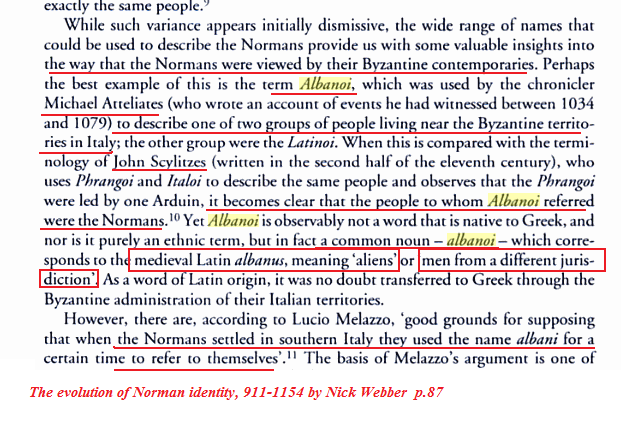
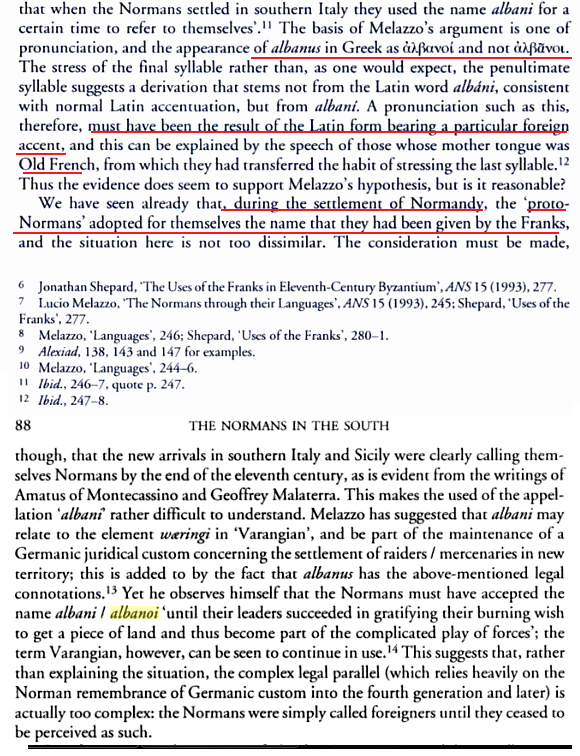
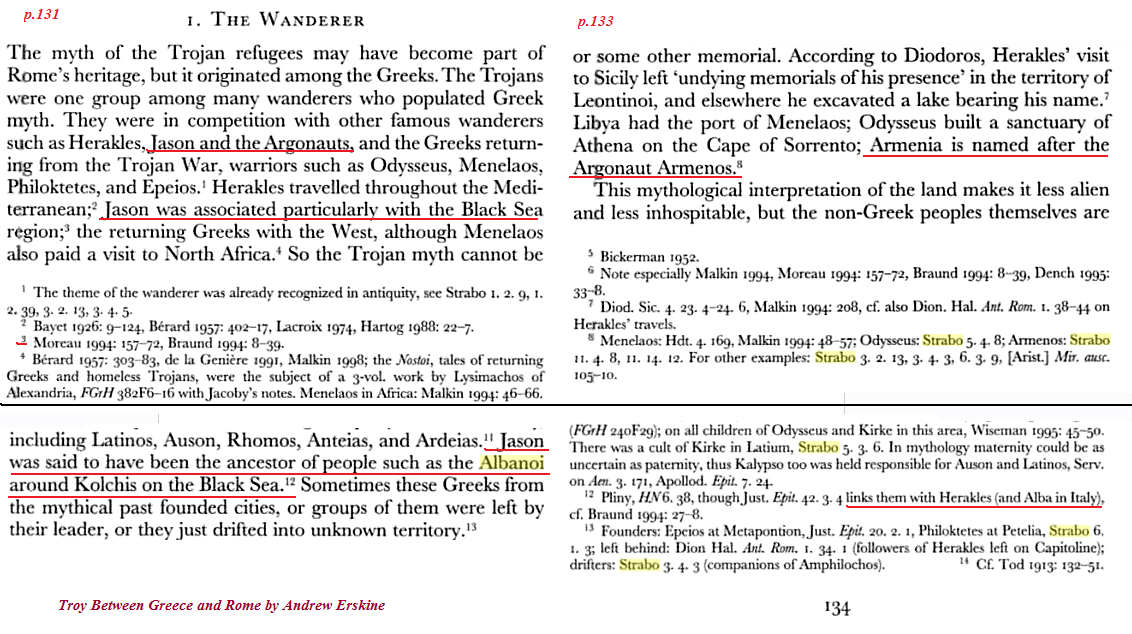
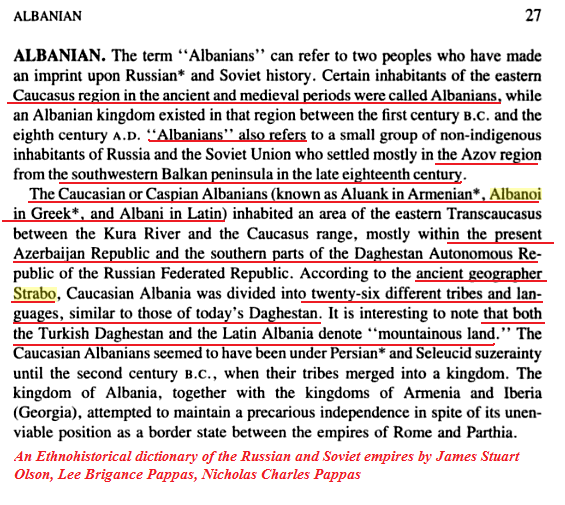
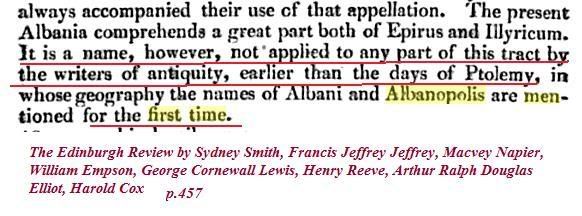
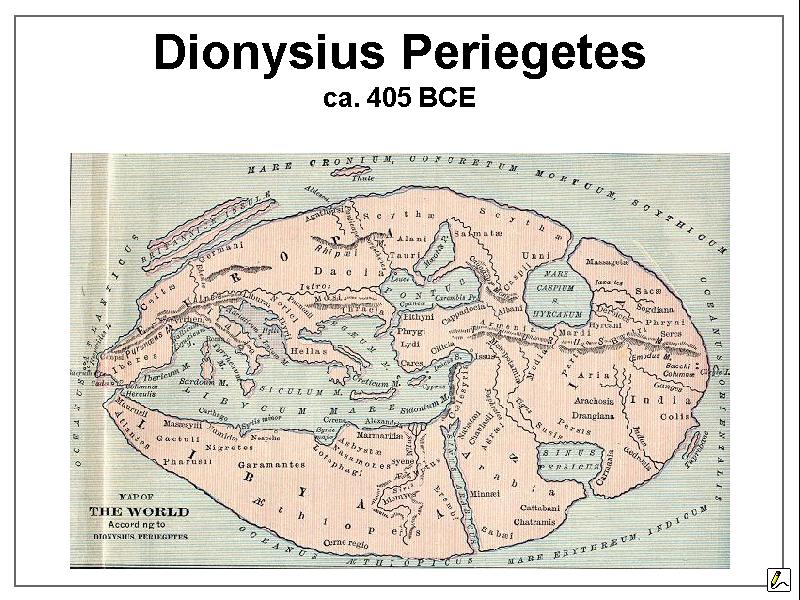
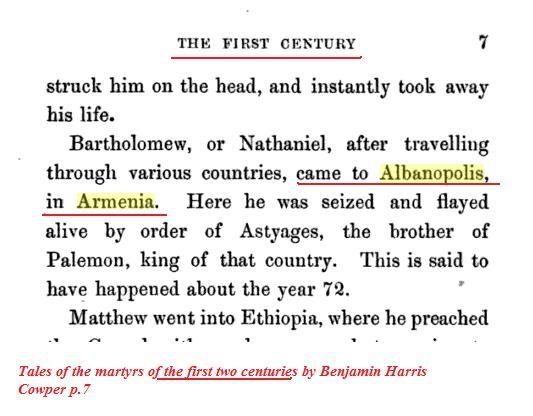
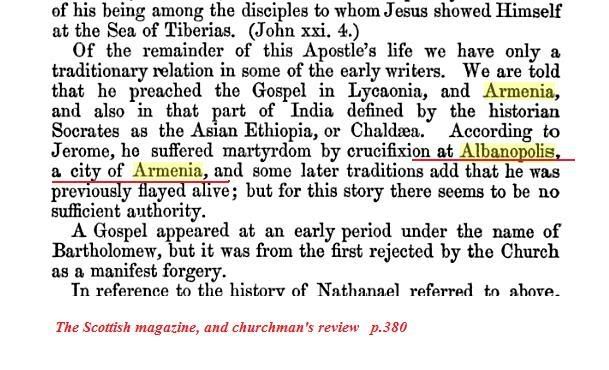
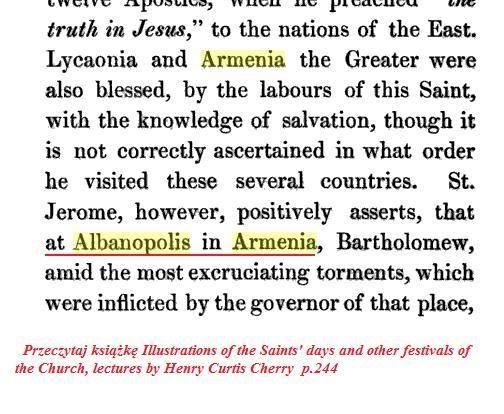




Comment